By Alessandro Zattoni, Associate Dean for Executive Education and life-long learning, LUISS BS
(September 22, 2015)

The Board is the most important corporate governance organisation because of its three crucial roles.
- The Board has to play a strategic role by addressing and contributing to the formulation of the strategic decision-making process.
- The Board must assure shareholders’ interests and, in a wider vision, it should balance the interests among all stakeholders.
- Finally, the Board should assure the relationship between the company and the surrounding environment.
Despite that the effective execution of these three roles has a great impact on business performance, the legislator has traditionally given general and relatively vague directions regarding the type of tasks given to the Board, and has also failed in giving precise directions on its composition, structure and mode of operation. On the other hand, academics and consultants have long ignored this topic, without developing operation practices aimed to assure an efficient and effective performance of the Board.
This lack of attention to the roles and characteristics of the Board, together with the surfacing of irresponsible, if not illegal, behaviors of the top management, has generated over the past few decades numerous legislative changes, thus promoting the introduction (and further revisions) of an Ethics Code. These new rules have positively influenced the Board characteristics. Specifically, they have defined with greater detail the duties of the Board and have given indications prompted to the definition of an ideal Board (in terms of number of directors, the mix between executive, not-executive and independent directors, demographic and professional profiles) and the organization of the tasks within the board (suggesting the separation of Chairman and CEO, the introduction of advisory committees and the introduction of an independent director).
At the same time, the Bank of Italy has paid increasing attention to the issue of corporate governance in banks, of brokers and insurance companies starting from the 2008 Supervisory Rules in corporate governance of banks.
At the end of a long process of recommendations, interventions and public consultations, the Bank of Italy has recently updated the Supervisory Rules on May 6, 2014. The document deals with the corporate governance in banks and provides specific guidelines to some critical issues such as: the optimal or maximal size of the Board, the level and diversification of the directors’ skills, the presence of an adequate number of independent and non-executive directors and the mandatory introduction of committees for larger dimension banks.
It is therefore understood that the new legal deal has fostered, and at times imposed, a positive evolution of the characteristics of the boards. However, the codes and laws have paid more attention to the composition and the organization of Boards, rather than to the behavioral and procedure variables. Recent studies have shown, on the contrary, that the efficacy of the Board is significantly influenced by variables such as, for example, an open and critical debate, the commitment of the Board members to carrying out their tasks and the coordination of the contributions given to the Board activities. These studies therefore put in evidence that the Board design involves composition, organization and also procedural and behavioral aspects. To better all the above mentioned aspects, some researchers and Ethics Codes suggest the introduction of transparent assessment processes for the entire Board and the organization of training sessions on best practices in order to support the growing responsibilities of the Board. The effective implementation of these tools can significantly improve the performance of the individual directors and of the entire Board.














